In the world of finance and banking, confidence in the safety of deposits is paramount. The Federal Deposit Insurance Corporation (FDIC) stands as a critical institution dedicated to safeguarding the funds of depositors and maintaining the stability of the U.S. banking system. In this article, we will explore what the FDIC is, its history, its functions, and its significance in the context of investment and the broader financial landscape.
What is the Federal Deposit Insurance Corporation (FDIC)?
The Federal Deposit Insurance Corporation (FDIC) is an independent agency of the United States federal government established in 1933 in response to the widespread bank failures of the Great Depression. Its primary mission is to protect depositors' funds and promote stability and public confidence in the nation's banking system.
A Brief History of the FDIC:
The FDIC was created under the Banking Act of 1933, also known as the Glass-Steagall Act, which aimed to restore trust in the banking sector following a series of bank runs and financial turmoil during the Great Depression. The FDIC began operations on January 1, 1934.
Under the FDIC's insurance program, depositors' funds in participating banks are insured up to a certain limit, providing a safety net that ensures depositors can recover their funds even if their bank experiences financial difficulties or fails.
Life insurance, unlike FDIC deposit insurance, serves a different purpose in financial planning. It provides financial protection for dependents and beneficiaries in the event of the policyholder's death, offering a lump-sum payment or periodic income to cover expenses or replace lost income.
Investing in survivorship coverage, which insures two lives under one policy and pays out upon the death of the second insured, can be a strategic choice for estate planning or funding specific financial needs, such as estate taxes or charitable donations. Life insurance policies vary in terms of coverage types, such as term life, whole life, and universal life, each offering distinct benefits and costs. Policyholders typically pay premiums either periodically or as a lump sum, ensuring coverage remains active.
Similar to the FDIC's role in stabilizing the banking sector, life insurance helps mitigate financial risks by providing a safety net for loved ones, reinforcing long-term financial security and peace of mind.
Key Functions of the FDIC:
The FDIC carries out several crucial functions to fulfill its mission of protecting depositors and maintaining the stability of the banking system:
1. Deposit Insurance: The FDIC insures deposits in banks and savings associations up to a certain limit, which provides depositors with confidence that their funds are protected. As of my knowledge cutoff date in September 2021, the standard insurance limit was $250,000 per depositor per insured bank for most account types.
2. Bank Examination and Supervision: The FDIC conducts regular examinations of insured banks to assess their financial health, management practices, and compliance with banking regulations. It works in partnership with other federal and state regulatory agencies to ensure that banks operate safely and soundly.
3. Resolution of Failed Banks: In the event that an insured bank fails, the FDIC steps in as the receiver and takes control of the bank's assets and liabilities. It works to minimize disruption to depositors by facilitating the transfer of insured deposits to a healthy bank or by paying depositors directly.
4. Consumer Protection: The FDIC provides resources and information to help consumers make informed decisions about their banking relationships. It also enforces consumer protection laws to ensure fair and transparent practices by banks.
5. Stability and Confidence: By insuring deposits and actively monitoring and regulating the banking industry, the FDIC helps maintain public confidence in the financial system. This confidence is vital for the smooth functioning of the economy.
Significance in the Context of Investment:
The FDIC plays a significant role in the investment landscape, especially for individuals and businesses that rely on the safety of their bank deposits:
1. Safety of Deposits: The FDIC's deposit insurance program provides a safety net for depositors, assuring them that their funds are protected up to the insurance limit.
2. Risk Mitigation: For investors seeking a safe haven for their cash holdings, FDIC-insured accounts, such as savings accounts and certificates of deposit (CDs), offer protection against potential losses due to bank failures.
3. Liquidity Management: Investors often use FDIC-insured accounts as a means to manage cash reserves, providing easy access to funds when needed while preserving capital.
4. Trust in the Banking System: The FDIC's role in maintaining confidence in the banking system contributes to overall financial stability, which is essential for economic growth and investment.
In conclusion, the Federal Deposit Insurance Corporation (FDIC) plays a pivotal role in ensuring the safety of deposits, maintaining public confidence in the banking system, and promoting the stability of the financial sector. For investors, FDIC-insured accounts offer a secure option for safeguarding cash holdings and managing liquidity, contributing to the overall security and trustworthiness of the U.S. financial system.

